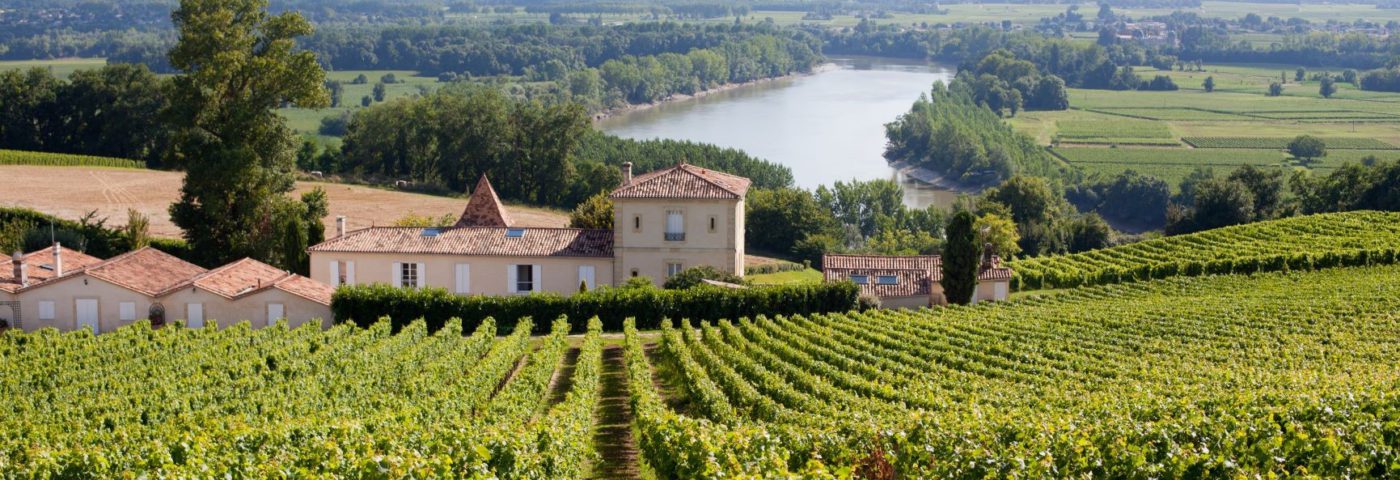The hospitality and F&B sectors are two of the industries most affected by COVID-19. Though normal dining appears not too far away from the horizon, establishments are navigating the balance of safety and business survival. From virtual wine tastings, bubble pods and embracing e-commerce, I explore how challenging situations call for creative solutions.
When the world warily ambled out of 2020 three months ago, we were all armed with an equal dose of caution and high hopes.
High hopes are indeed in order. As we inch closer to the second quarter of the year, the world’s vaccinated population against COVID-19 now stands at 7.79 billion.
And as new variants emerge alongside vaccine deployment, most countries are easing and restricting as necessary, playing it by ear and doing their best to balance economic growth and public safety. The UK has rolled out a detailed roadmap to ease lockdown restrictions. If the roadmap is to unveil as planned without any hiccups, most outdoor social contact rules will be lifted by mid-May 2021.
The months April to May are crucial for most hospitality businesses as two key dates have been given: the 12th of April for outdoor hospitality to reopen, and the 17th of May for indoor hospitality.
The travel sector (airlines in particular) has no doubt been the most affected industry by COVID-19. The restaurant, hospitality and F&B industry comes close as it has been determined that it’s one of the top five industries most impacted by COVID-19.
Unfortunately for the F&B industry, eating out (in an indoor setting) has been determined to be one of the fastest ways to spread COVID-19 and has even been labelled to be possibly riskier than taking a bus. It’s therefore not surprising to see hospitality brands pull out their best and most creative efforts in marketing amidst a pandemic.
So, while more people are getting vaccinated and spring/summer looks promising, both restaurants and diners are continuing to exercise caution.
Let’s explore how some establishments in the F&B and hospitality sector are currently navigating the balance of safety and service.
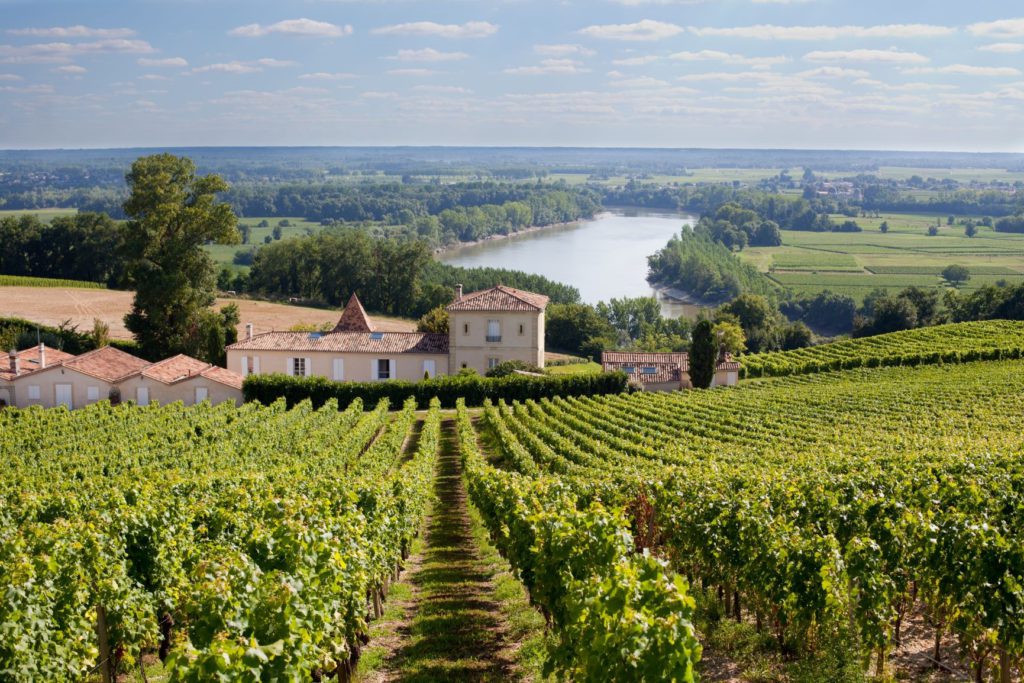
Virtual Wine Tastings
If the stresses of lockdown restrictions and the overall tedious rigmarole of social distancing and safety protocol are making you want to escape to a winery and drown your Corona sorrows away, I cannot blame you. I may, in fact, be inclined to join you. Alcohol consumption in Europe has increased in these trying times. In Britain alone, the sales of alcohol surpassed that of groceries by 22 percent.
And while it’s tempting to take off to the nearest winery for a much-earned wine tasting tour, current restrictions make this challenging, if not impossible. Fortunately for us, virtual wine tastings are now widely available. The Bordeaux Concierge is a company that creates tailor-made itineraries and wine experiences in France. Since late last year, they have been officially offering virtual wine tastings, podcasts and online events.
How it works: The Bordeaux Concierge works with the client to identify one or two wines for their virtual tasting and then ships the wines straight to each participant’s door. The wines can be from any region in France, from Bordeaux to Champagne and even Cognac. The virtual wine tasting is then delivered by one of The Bordeaux Concierge’s wine professionals at the time of the client’s choosing.
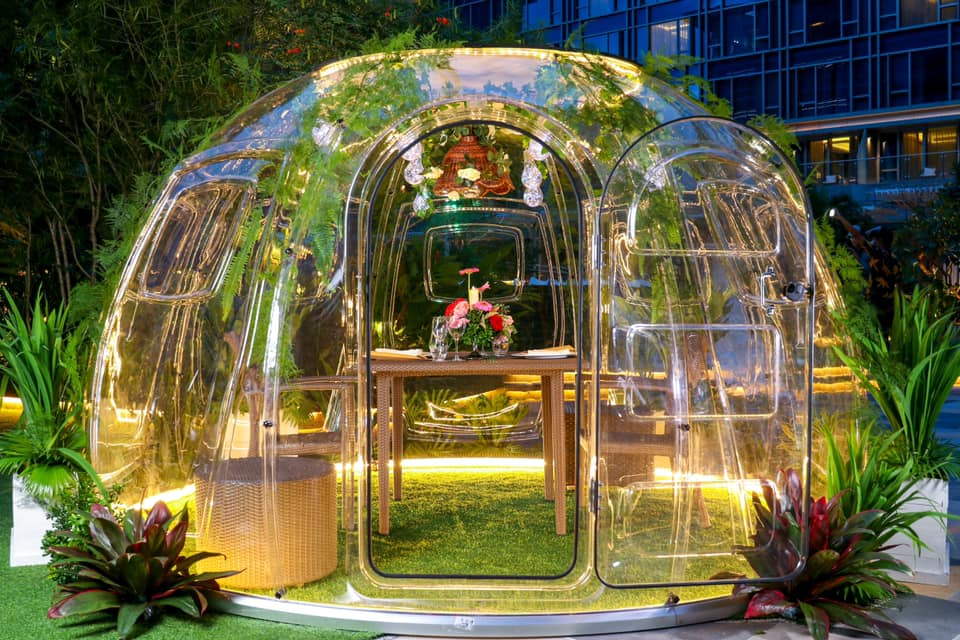
Bubble Pods
We’ve all heard of travel bubbles or travel corridors as a safe way to promote travel between select regions. But bubble pods are now also being used in restaurants. Since COVID-19 transmission is highly airborne, in-door dining has been deemed a high-risk activity by health officials. Most restaurants scrambled to make outdoor dining an option. However, not all establishments can accommodate for outdoor dining provision.
Early this year, the Hilton Manila introduced ‘Vubble Dining’, where private parties can dine in the safety of air-conditioned plastic pods. They are well-ventilated and are constantly sanitised under Hilton’s CleanStay program, a standard that the hotel chain has developed with RB, maker of Lysol and Dettol.
Diners’ choices of the 3-course meal are taken well ahead of time in order to reduce contact with staff.
For now, this bubble dining option seems to be most diners’ ideal option in getting the best of both worlds: the safer environment of outdoor dining and the privacy of indoor private dining.
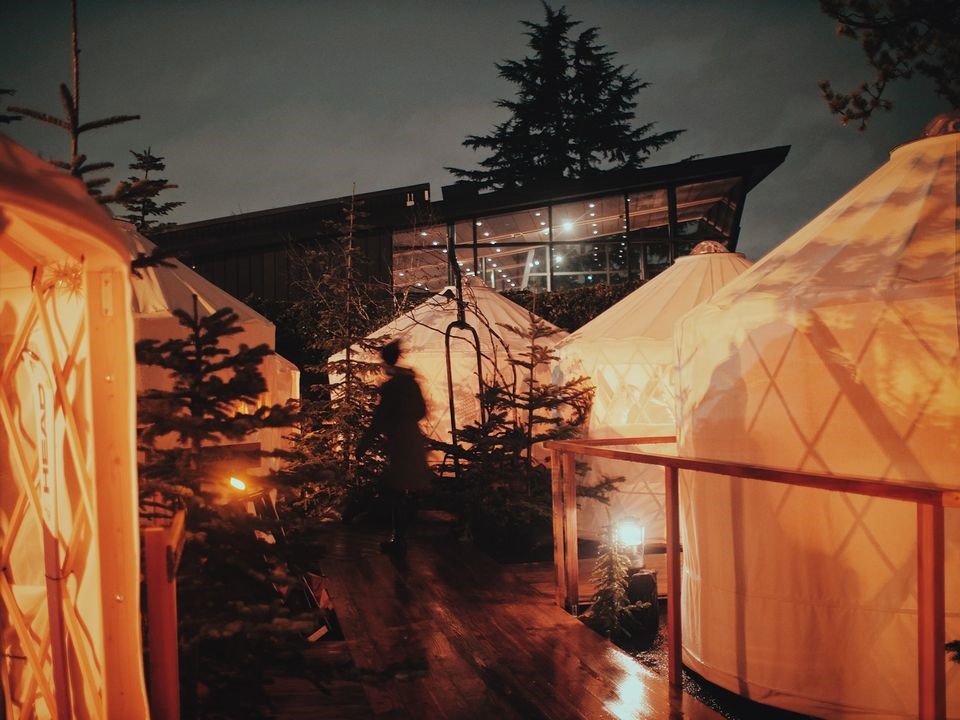
Shifting Gears
Canlis has been Seattle’s landmark and heritage fine-dining destination for almost 70 years. In March of 2020, during the early stages of Coronavirus, the restaurant had the foresight to close its main dining service. They eschewed the high-end service in place of three-course meals designed to be consumed at home and cooked to order.
In December of 2020, Canlis launched the ‘Canlis Yurt Village’- private dining in yurts / tents in their parking lot until end of February 2021.
The past year has seen many restaurants find resourceful and creative attempts in order to safely create jobs for their employees whilst adhering to COVID-19 safety protocols. It’s unfortunate to see many establishments close in the midst of the pandemic. And many who hung on and are continuing to survive are those that have learnt to pivot their service. Mark Canlis, one of the Canlis brothers who own and manage Canlis perfectly summed it up: “The game’s not over but the rules have changed.”
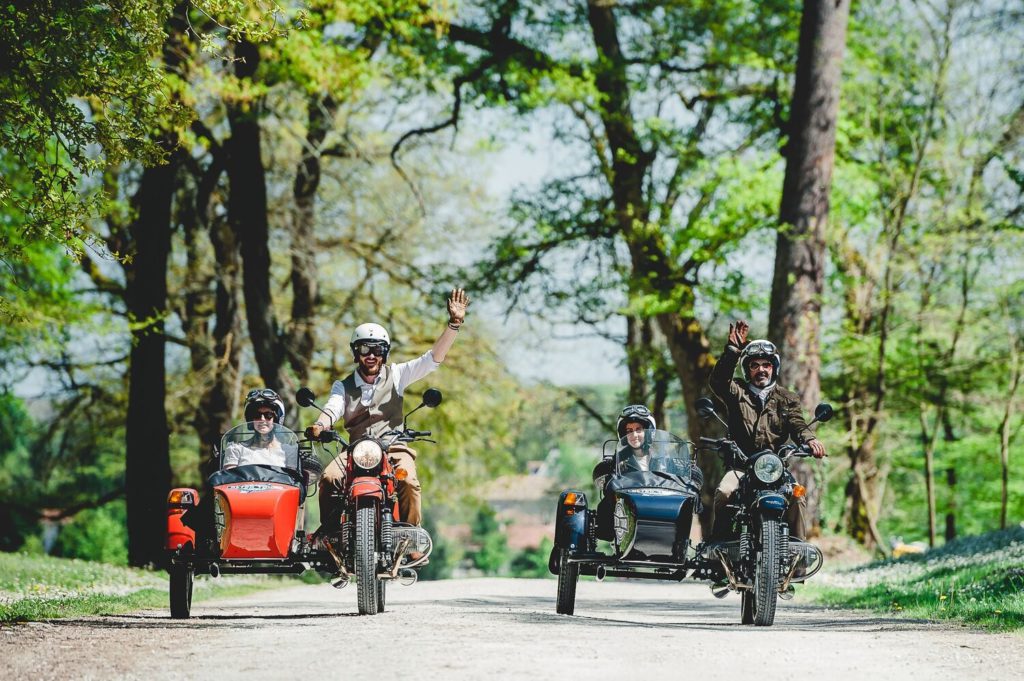
Thinking Ahead
When can we really travel like ‘normal’? There are plans, predictions and speculations but we can’t really know for sure. When that time comes though, the Bordeaux Concierge is ready to receive guests the post COVID-19 way. Their vineyard tours and wine tastings are private and by appointment only. Also, in line with their tailor-made hospitality, guests also have the opportunity to enjoy private dining experiences. They also offer open-aired vintage sidecars as an option to get around their vineyard tours.

Embracing E-Commerce
In the absence of travel, people turn to other pleasures to satisfy a missing need, such as food. Since dining at home is the safest option, many are turning their home dining experiences to recreate memories of their favourite travel destinations.
Entrepreneur and restaurateur Albert Tan, who runs an Italian pizza joint, a Japanese noodle bar, and an all-day café and wine bar in Southeast Asia, shares that the lockdown period compelled him to learn a new skill: E-commerce.
Back in pre-pandemic times, e-commerce was normally associated with retail items like fashion and accessories.
Now, in the thick of the pandemic, restaurants at all levels, be it high-end or quick service are turning to e-commerce to fine tune the home delivery service.
“It was challenging in the beginning, but I realised that abnormal situations call for creative thinking. I used all resources I had—culinary expertise, technology background, people, and experience in operations to build my brand’s e-commerce site from scratch.”, Albert Tan shares. Since establishing his site, he discloses that the new sales avenues have helped his business weather the storm. He is positive that he can now focus on other matters beyond survival, such as expansion.
He further adds, “Restaurants all over the world have more in common than different in this situation. If you wish for your establishment to survive and even thrive, you have to embrace the fact that e-commerce is inescapable. Just do it. Right now, speed is more important than waiting for the right time or making things perfect”.
—
It seems that COVID-19 has taught brands and business owners in the hospitality and F&B sector one common lesson: open air and open minds are two key ingredients needed to survive the times, both health and business-wise.

